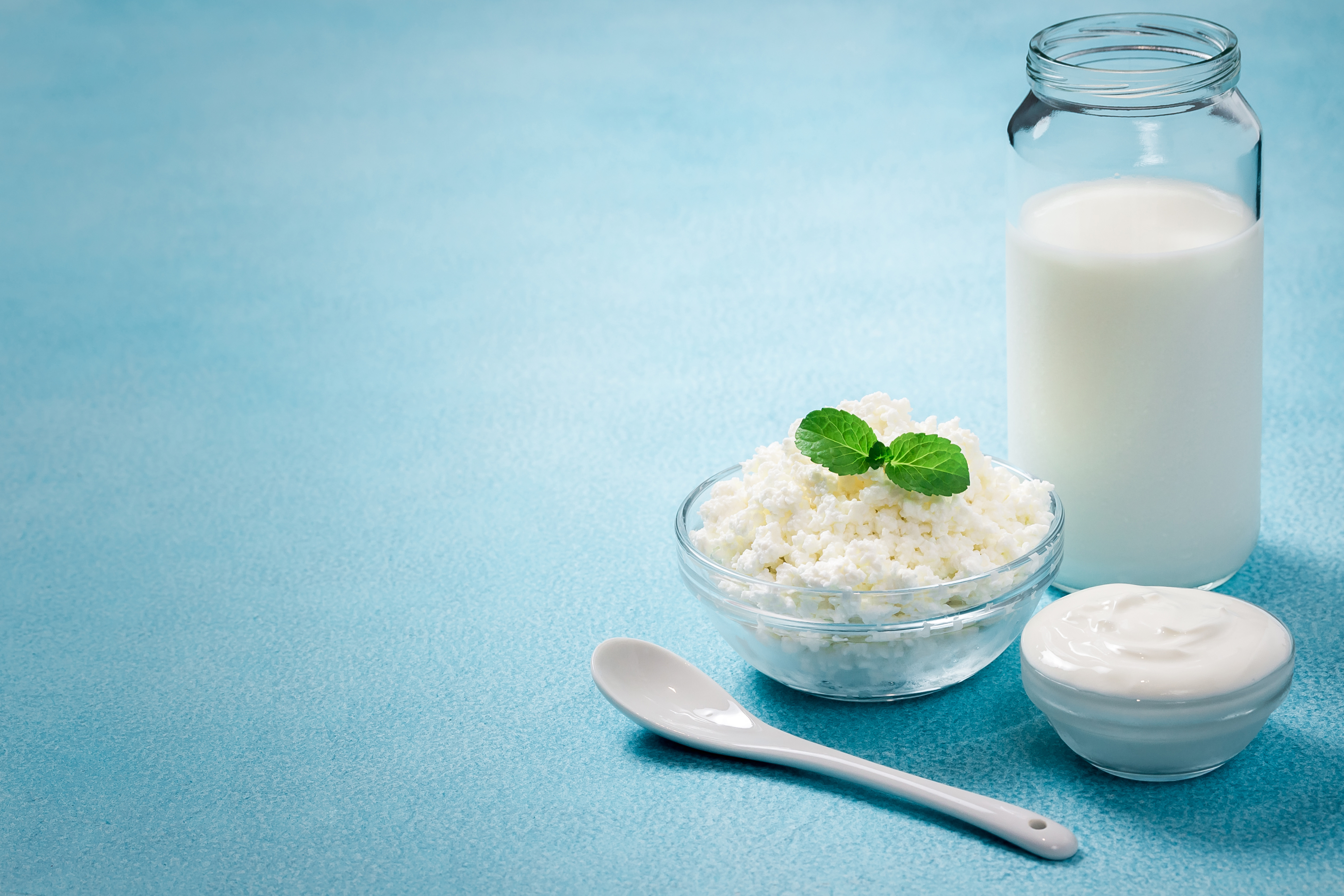Milk Linked to Greater Risk of Parkinson’s, Swedish Study Shows
Written by |

Consumption of more than 40 milliliters (1.3 ounces) of milk per day is associated with an increased risk of developing Parkinson’s disease. Still, dietary intake of yogurts or soured milk does not pose a risk, results from a large-scale Swedish study show.
The study “Milk, Yogurt, and Soured Milk Consumption and Risk of Parkinson’s Disease,” will be presented Erik Olsson, PhD, an associate professor at Uppsala University, during the 14th International Conference on Alzheimer’s and Parkinson’s Diseases and related neurological disorders, March 26-31, in Lisbon, Portugal.
Dairy products are widely consumed worldwide and could be important contributors for the development of human disease.
Previous studies have suggested consuming dairy products could be linked to an increased risk of Parkinson’s disease, particularly among men.
More recently, a study has shown that total dairy intake was not associated with a significant risk of Parkinson’s. However, daily consumption of low-fat or skim milk instead of full-fat milk was linked to a 39% higher chance of Parkinson’s disease.
To further explore this issue, Swedish researchers reviewed the incidence of Parkinson’s disease in 81,889 adults during a mean follow-up period of 13.9 years. None of the participants had Parkinson’s when the study started in 1997, and they all answered a questionnaire about dietary regimens and food intake frequency.
A total of 1,251 cases of Parkinson’s disease were reported among this population, according to information from the Swedish National Patient and Cause of Death Registers.
Analysis of the dietary patterns of this population revealed that people who consumed 40 milliliters (ml) or more of milk per day had increased risk of having Parkinson’s disease.
In particular, individuals who drank 40 to 159 ml per day of milk had a 30% higher risk of developing Parkinson’s, compared to people who had low daily milk intake (less than 40 ml per day). The risk increased similarly for people who consumed even higher amounts of milk, with 25%, 33%, and 33% higher risk for 160-200 ml, 201-400 ml, or more than 400 ml per day of milk.
In contrast, researchers did not find any significant association between intake of yogurt or soured milk and long-term risk of developing Parkinson’s disease.
These risk estimates did not change when the team analyzed the data according to participants’ gender, with no differences found between men and women.
“Findings from this cohort study indicate that consumption of milk, but not soured milk and yogurt, is associated with an increased risk of Parkinson’s disease,” researchers concluded.





